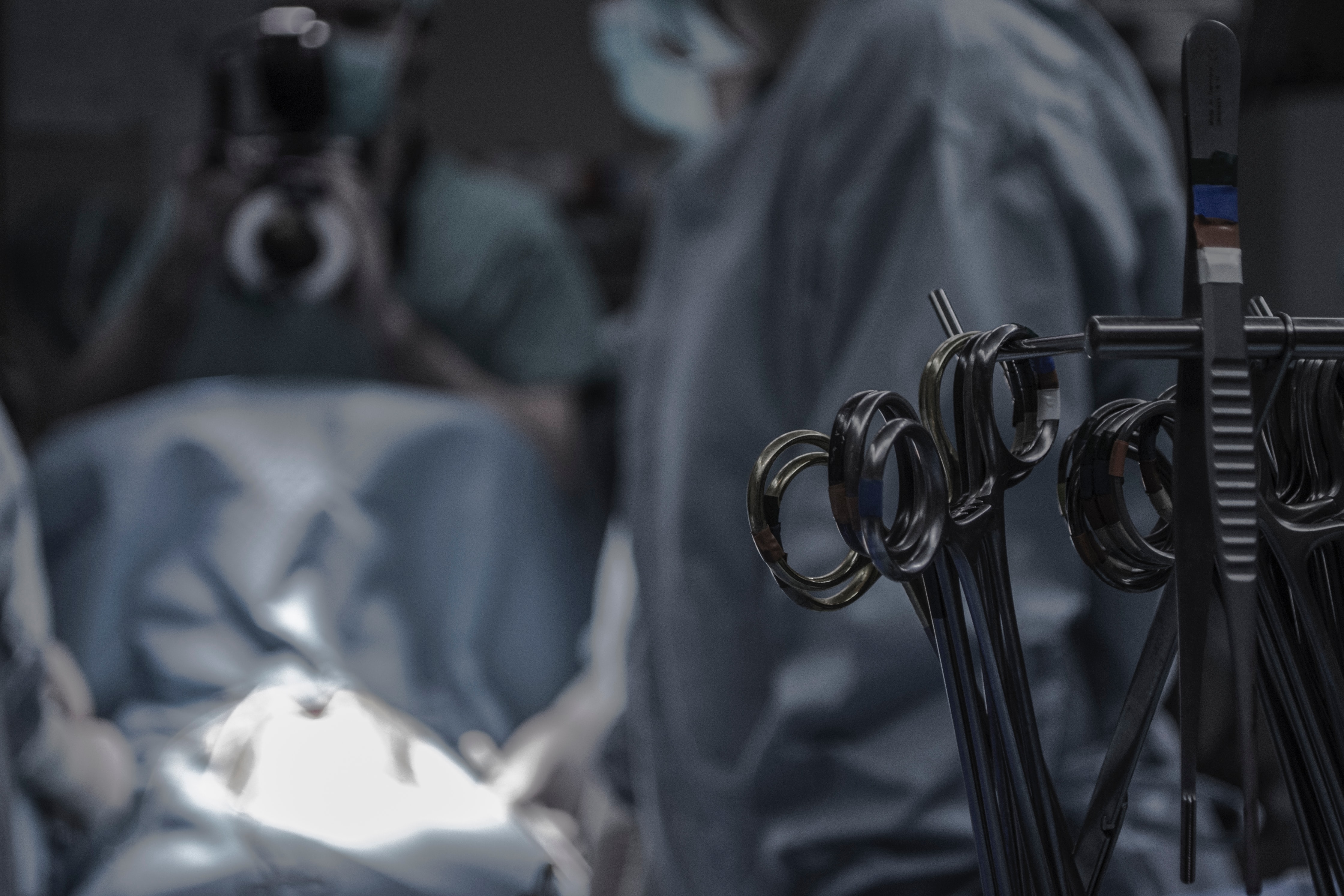Disgraced Italian surgeon convicted of criminal harm to stem cell patient
By Gretchen Vogel,
Science
| 06. 16. 2022
Photo by Piron Guillaume on Unsplash
A surgeon who just a decade ago was celebrated around the globe as a pioneer in stem cell transplants has been convicted of one count of “causing bodily harm,” a felony, in a Swedish court. The district court in Solna today found Paolo Macchiarini not guilty on other charges, including aggravated assault, relating to three patients he treated while working for the famed Karolinska Institute (KI). The court said the penalty was “a suspended sentence,” but did not specify how long the sentence would be if imposed. The maximum prison sentence for causing bodily harm is 4 years.
The verdict is the latest development in Macchiarini’s stunning fall from grace. In 2010, the Italian surgeon was recruited by KI—home of the committee that awards the Nobel Prize in Physiology or Medicine. A year later, he began to implant synthetic windpipes seeded with stem cells isolated from the patients’ own bone marrow, claiming the cells would grow and integrate with the patients’ tissue. The operations were hailed at the timeas a breakthrough in regenerative...
Related Articles
By Diaa Hadid and Shweta Desai, NPR | 01.29.2026
MUMBRA, India — The afternoon sun shines on the woman in a commuter-town café, highlighting her almond-shaped eyes and pale skin, a look often sought after by couples who need an egg to have a baby.
"I have good eggs,"...
By George Janes, BioNews | 01.12.2026
A heart attack patient has become the first person to be treated in a clinical trial of an experimental gene therapy, which aims to strengthen blood vessels after coronary bypass surgery.
Coronary artery bypass surgery is performed to treat...
By Staff, ScienceDaily | 01.05.2026
Scientists at UNSW Sydney have developed a new form of CRISPR technology that could make gene therapy safer while also resolving a decades-long debate about how genes are switched off. The research shows that small chemical markers attached to DNA
...
Following a long-standing CGS tradition, we present a selection of our favorite Biopolitical Times posts of the past year.
In 2025, we published up to four posts every month, written by 12 authors (staff, consultants and allies), some in collaboration and one simply credited to CGS.
These titles are presented in chronological order, except for three In Memoriam notices, which follow. Many more posts that are worth your time can be found in the archive. Scroll down and “VIEW...




